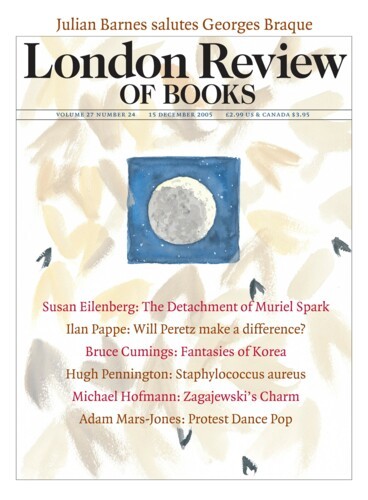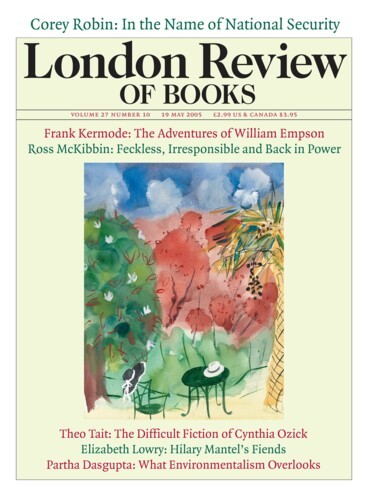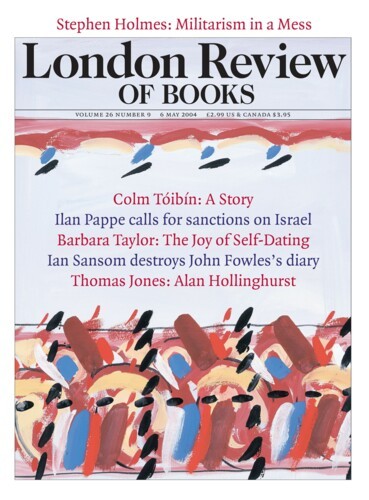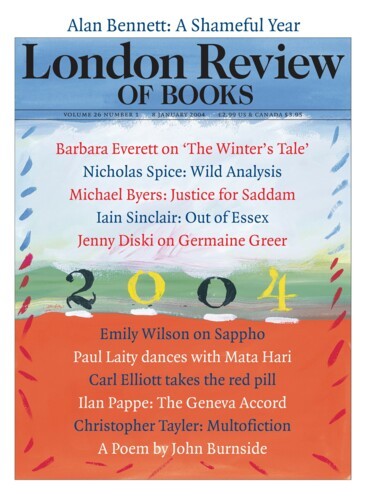The Disappointing Trajectory of Amir Peretz: Will Peretz make a difference?
Ilan Pappe, 15 December 2005
Peretz, like the other members of the Eight, has become more ‘pragmatic’ – as we say in Israel – in an attempt to shift Israel’s Zionist politics towards the centre. In the 1990s, he chose the trade union congress, the Histadrut, as his main political arena and route to the top. In 1995 he became its chairman and in that capacity did nothing to limit the organisation’s extensive involvement in the occupation: in areas directly or indirectly controlled by Israel, the Histadrut granted the settlers union rights while denying them to Palestinians; as for Palestinian workers in industrial plants within the border zones (areas inside the Palestinian Territories under direct Israeli control), it ignored their situation entirely despite their having no basic human or workers’ rights.




